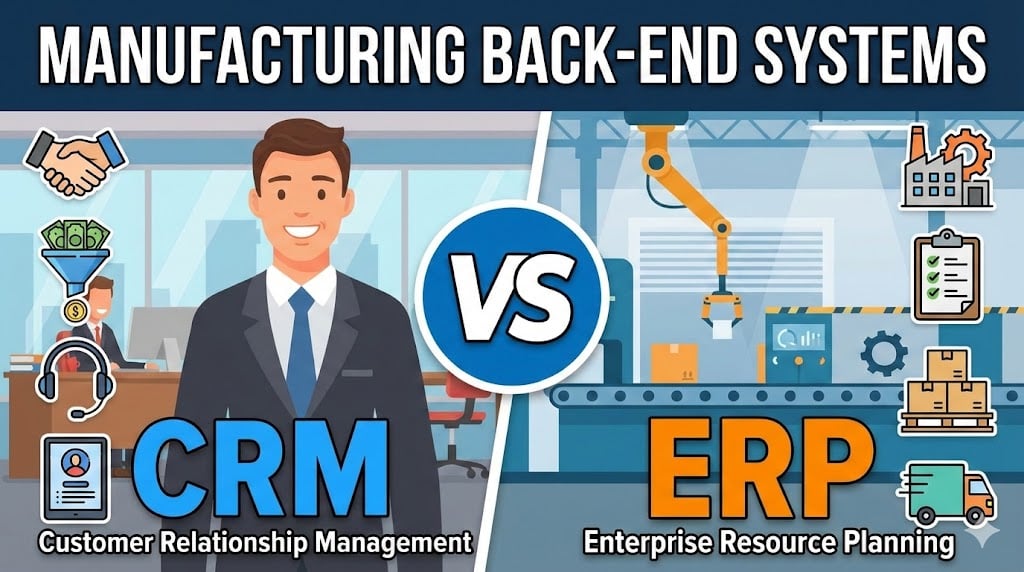
Content Marketing,Content Marketing,Content Marketing | 2 min read
Having a website is a crucial component to = starting or growing business. With so many different types of website platforms it can be overwhelming and confusing to choose the right one.
Websites can be designed with different plugins and features that allow you to showcase your portfolio, book a table or to making a purchase over the internet. These options are included in different platforms - we'll explain further in this article so you can decide which one best suits your business' needs.
WordPress
WordPress is currently the most popular website platform on the planet, covering over 50% of all websites. It's super flexible and allows you to install plugins to extend its functionality. These plugins range from membership websites and eCommerce shops to portfolios, powering your website to suit your needs.
WordPress is an incredibly popular platform, meaning that most web specialists will know how to use it.
WordPress has a couple of drawbacks - you have to find hosting your website meaning that you have to pay a hosting provider separately. WordPress also requires ongoing maintenance to keep it up to date - meaning additional ongoing costs.
Wix
Wix is another powerful website builder and unlike WordPress, it also host your website for you, meaning you only have to pay Wix’s for subscription fee and it does the entire job for you, including hosting.
Wix also comes with different powerful features including eCommerce plugins and blog posting.
It’s easy to use interface allows a beginner to navigate and design their website with only clicks and drops. You may even choose a ready made template/theme and change the content to your liking. No previous coding experience is required.
Squarespace
Similar to Wix, Squarespace allows you to customise your website however you like by just clicking, typing, dragging and dropping. Squarespace stands out because of its user experience design, it can be easily used by any anyone with or without any experience in design and coding.
Shopify
Shopify is designed specifically for users who are running an online store. Its drag-and-drop function makes it very easy to design and run your shop within hours, it is also fully integrated with their payment solution called Shopify Payments. Managing your products could not be any easier with Shopify, it’s management tools allows you to add or remove products, put on sale, discount, etc.
In Summary
With these summaries in mind, hopefully you have a better idea which platforms are best suited for your business. Adios!
Published on August 26, 2019


_Banner%20Video.jpg)